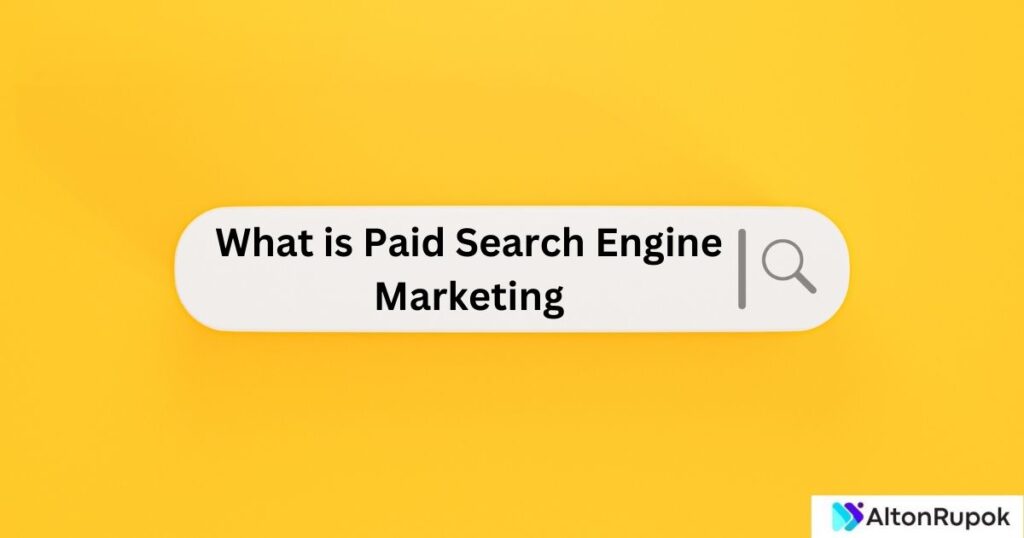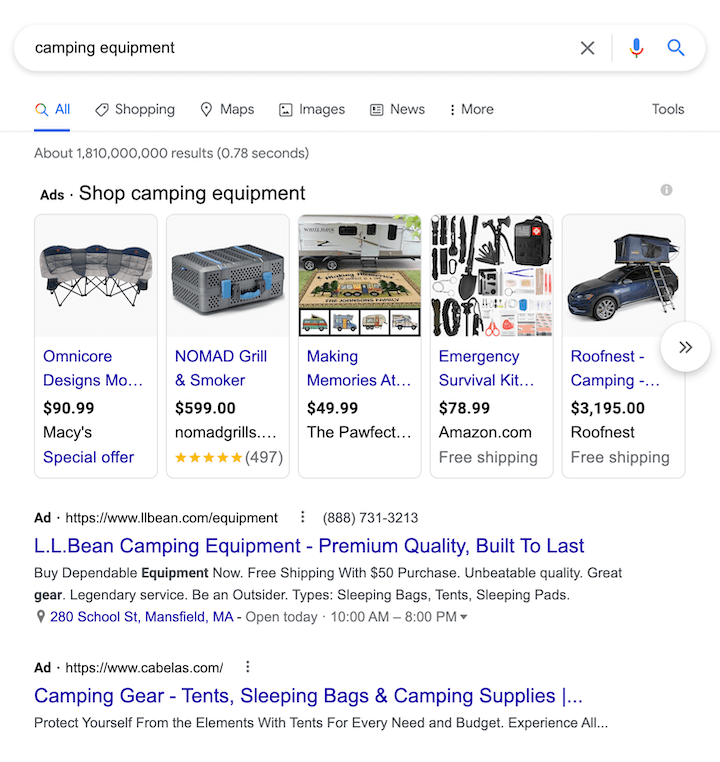Paid Search Engine Marketing, or SEM, helps businesses grow online. It is a form of digital advertising. Businesses pay to show their ads on search engines. The goal is to reach more customers and drive more traffic to their websites.
How Does Paid Search Engine Marketing Work?
When people search for something online, they type keywords into a search engine. Paid search ads appear at the top or bottom of the search results page. These ads look similar to regular search results but have a small “Ad” label.
Businesses bid on keywords related to their products or services. When someone searches for those keywords, the search engine shows the ads of the highest bidders. The business pays the search engine each time someone clicks on their ad. This is called pay-per-click, or PPC.
Steps To Set Up A Paid Search Campaign
Setting up a paid search campaign involves several steps:
- Choose a search engine to advertise on, like Google or Bing.
- Create an account on the search engine’s advertising platform.
- Research and select keywords related to your business.
- Create ads that are clear and engaging.
- Set a budget for how much you want to spend on ads.
- Launch your campaign and monitor its performance.
Benefits of Paid Search Engine Marketing
Paid SEM offers many benefits for businesses:
- Increased Visibility: Your ads appear at the top of search results, making them more visible to potential customers.
- Targeted Advertising: You can target specific keywords, locations, and demographics to reach the right audience.
- Measurable Results: You can track how many people click on your ads and how much you spend.
- Quick Results: Unlike SEO, which takes time, paid SEM can drive traffic to your site quickly.
- Cost Control: You set your budget and only pay when someone clicks on your ad.
Common Terms in Paid Search Engine Marketing
Here are some common terms you should know:
| Term | Definition |
|---|---|
| PPC (Pay-Per-Click) | Advertisers pay a fee each time their ad is clicked. |
| CPC (Cost-Per-Click) | The amount an advertiser pays for each click on their ad. |
| CTR (Click-Through Rate) | The percentage of people who click on an ad after seeing it. |
| Ad Rank | A value that determines the position of an ad on the search results page. |
| Quality Score | A score that measures the relevance and quality of your ads and keywords. |
How to Improve Your Paid Search Campaign
Improving your paid search campaign can lead to better results:
- Use relevant keywords that match what your customers are searching for.
- Write clear and engaging ad copy that grabs attention.
- Use ad extensions to provide more information, like phone numbers or links to specific pages.
- Monitor your campaign performance and make adjustments as needed.
- Test different ads to see which ones perform best.

Credit: www.linkedin.com


